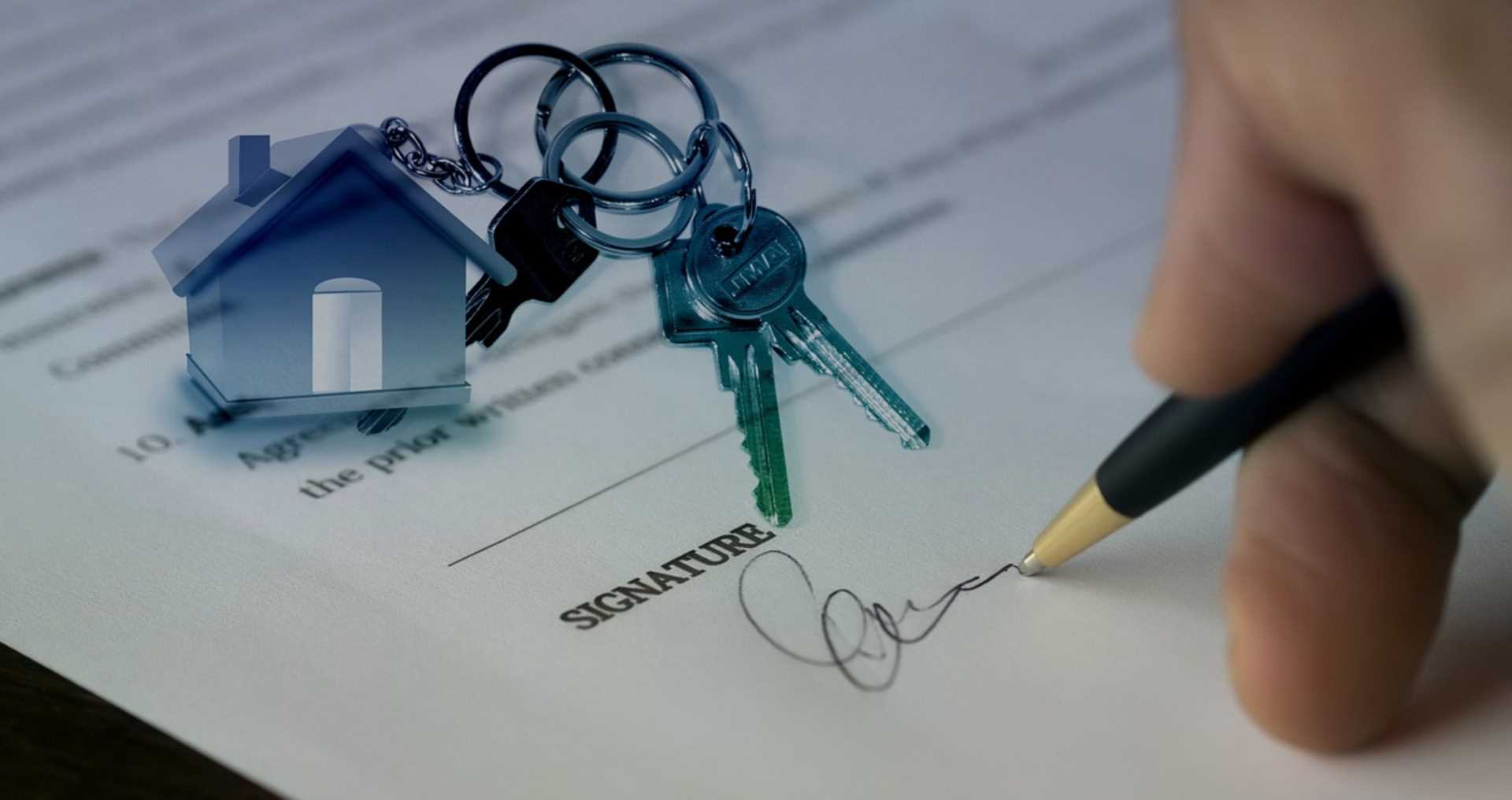
Date Published 01 July 2023
Introduction:
Buying or selling a property in the UK is an exciting yet complex process. One crucial step in this journey is conveyancing. Whether you're a first-time homebuyer or a seasoned investor, understanding the conveyancing process is essential to ensure a smooth and successful transaction. In this comprehensive guide, we will walk you through the key aspects of the conveyancing process in the UK, providing valuable insights and tips to help you navigate this important stage with confidence.
What is Conveyancing?
Conveyancing is the legal process of transferring property ownership from one party to another. It involves a series of steps that must be completed to ensure a valid and secure property transaction. While it is possible to handle conveyancing yourself, most buyers and sellers opt to hire a professional conveyancer or solicitor to guide them through the process.
Key Steps in the Conveyancing Process:
Instruction: Once you've agreed to buy or sell a property, the first step is to instruct a conveyancer or solicitor to handle the legal aspects of the transaction. They will act on your behalf, communicating with the other party's legal representative and managing the necessary paperwork.
Property Checks and Searches: Your conveyancer will conduct various checks and searches to ensure there are no issues that could affect the property's value or your ability to buy or sell. This includes local authority searches, environmental searches, and checking the property's title and ownership details.
Reviewing Contracts: Your conveyancer will carefully review the draft contract provided by the seller's solicitor. They will check for any special conditions, clarify any doubts, and negotiate changes if necessary. They will also advise you on the terms and conditions outlined in the contract.
Mortgage and Finance: If you require a mortgage to purchase the property, your conveyancer will liaise with your lender to ensure all necessary documentation is in order. They will also calculate the final amount you need to pay and arrange for the transfer of funds.
Exchange of Contracts: Once both parties are satisfied with the contract terms, you will exchange contracts. At this stage, a completion date is agreed upon, and a legally binding agreement is reached. You will typically pay a deposit, usually 5-10% of the property's purchase price.
Preparing for Completion: In the period between exchange and completion, your conveyancer will handle several tasks, including requesting the final mortgage funds, arranging for the transfer of ownership, and preparing the necessary legal documents for completion.
Completion: On the agreed-upon completion date, your conveyancer will transfer the balance of the purchase price to the seller's solicitor. Once the funds are received, you become the legal owner of the property. Your conveyancer will register the change of ownership with the Land Registry.
Post-Completion: After completion, your conveyancer will settle any outstanding payments, such as stamp duty, and provide you with the legal documents and title deeds. They will also ensure that all necessary tax returns are filed, and any applicable fees are paid.
Conclusion:
The conveyancing process in the UK is a crucial part of buying or selling a property. Understanding the steps involved and having a professional conveyancer or solicitor by your side can make the process smoother and less stressful. By following this comprehensive guide, you can navigate the intricacies of conveyancing with confidence and ensure a successful property transaction.
Remember, every property transaction is unique, and it's important to consult with a qualified conveyancer or solicitor who can provide personalised advice based on your specific circumstances. With their expertise and guidance, you'll be well-equipped to navigate the conveyancing process and achieve your property goals.
David Doyle
If your daunted by the process, make sure you look at properties with Estate Agents that are experienced in the field. At David Doyle we have dedicated sales progressors who's only role is to ensure a smooth transaction. Buying a house is not as simple as attending a viewing. Having an experience Estate Agent to speak to will make the transaction much smoother.